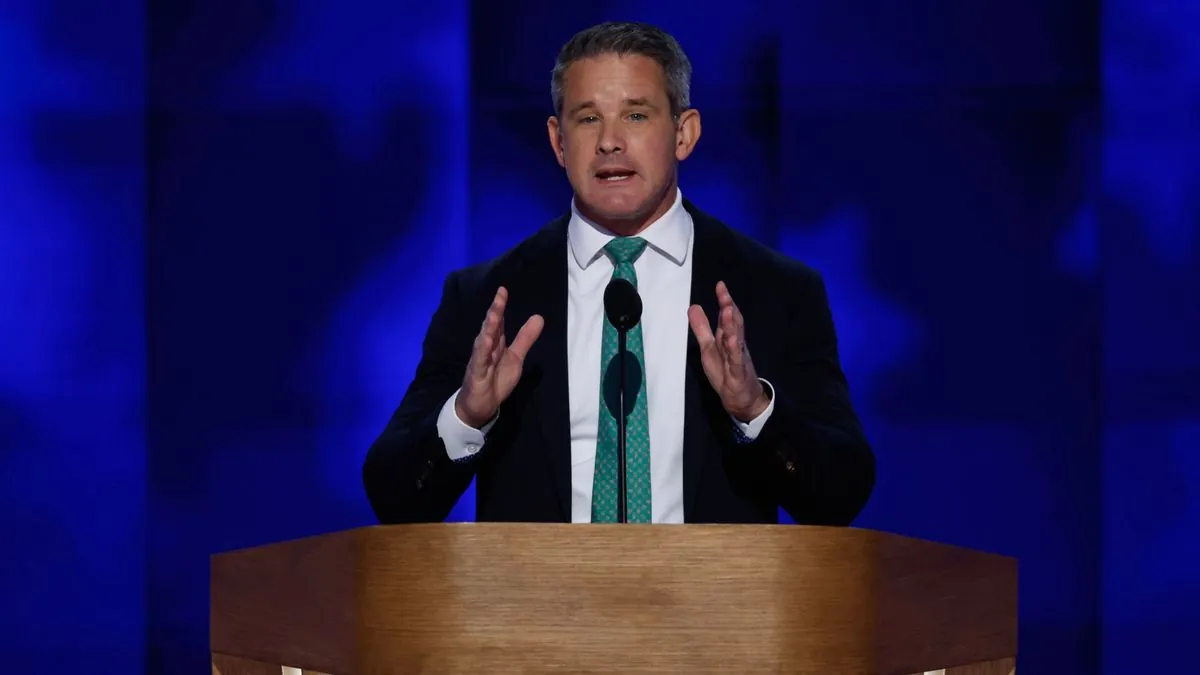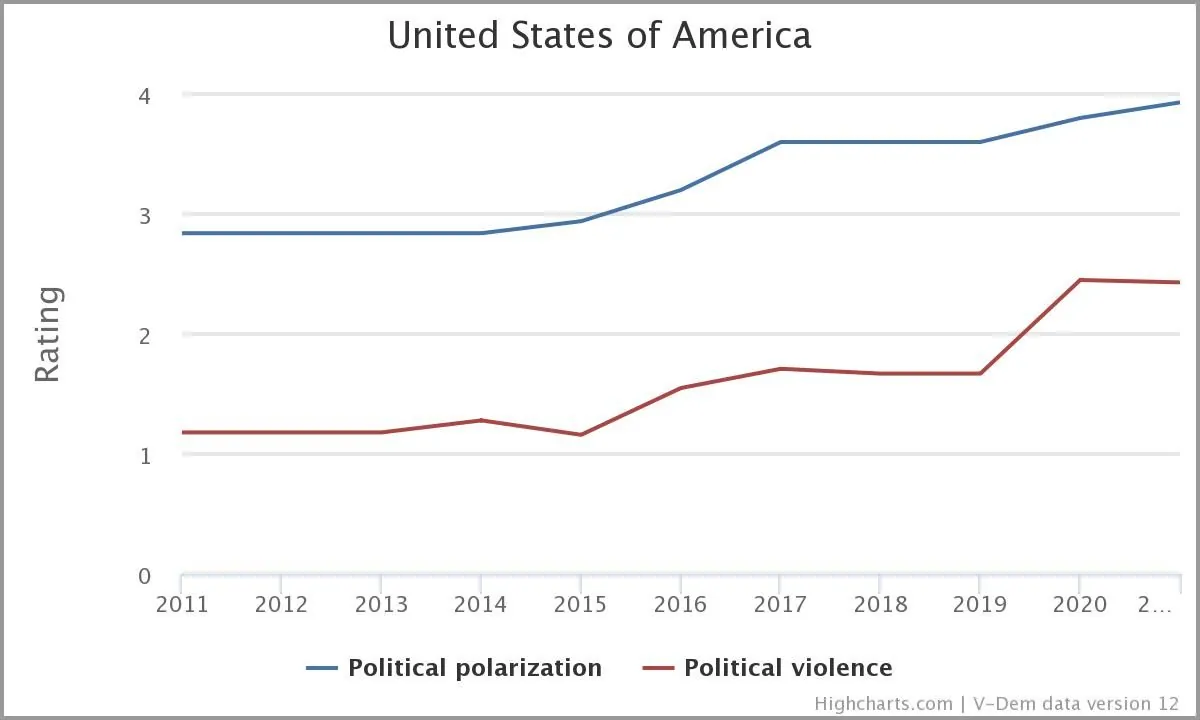Kinzinger's Democratic Convention Speech Challenges Patriotism Perceptions
Former GOP Rep. Adam Kinzinger addressed the Democratic Convention, asserting Democrats' patriotism. The speech highlights ongoing debates about political loyalty and national pride in America.

In a surprising turn of events at the recent Democratic National Convention, Adam Kinzinger, a former Republican representative, took the stage to deliver a message that challenged long-held perceptions about patriotism in American politics. The convention, which occurred approximately four months ago, featured Kinzinger as part of a lineup designed to appeal to a broader audience beyond the Democratic base.
Kinzinger's presence at the convention was notable not for his party affiliation, but for his outspoken criticism of former President Donald Trump. His speech aimed to bridge the divide between Republicans and Democrats, particularly on the issue of patriotism.
"I've learned something about the Democratic Party, and I want to let my fellow Republicans in on the secret: The Democrats are as patriotic as us. They love this country just as much as we do. And they are as eager to defend American values at home and abroad as we conservatives have ever been."
This statement directly addresses a perception gap that has been growing in American politics. According to a YouGov poll conducted about two months ago, only one in five Americans viewed the Democratic Party as patriotic, compared to one-third for the Republican Party. More strikingly, a majority of Republicans described the Democratic Party as "anti-American."
The concept of patriotism in the United States has evolved significantly throughout history, often reflecting the political climate of the time. This evolution is evident in Gallup's regular surveys on American pride. Since the beginning of Trump's presidency about 7 years and 7 months ago, the percentage of Americans describing themselves as "extremely proud" to be American has dropped from around 50% to 40%.
Kinzinger's speech at the Democratic Convention, where Vice President Kamala Harris - the first woman, first African American, and first Asian American to hold this office - accepted her nomination, highlights the complex nature of political loyalty and national pride in America. The two-party system, dominant since the 1850s, has contributed to increasing political polarization in recent decades.

As the United States approaches the 2024 election in about three months, Kinzinger's message serves as a reminder of the ongoing debate about what constitutes patriotism and how it is expressed across party lines. His attempt to reframe Democrats as equally patriotic faces challenges, given the deeply entrenched perceptions within the Republican Party.
The impact of Kinzinger's speech on Vice President Harris's campaign may be subtle, but it underscores the importance of addressing these fundamental perceptions as the nation prepares for another crucial election. As voter turnout in U.S. presidential elections has seen increased participation in recent years, the dialogue around patriotism and political values remains a critical factor in shaping the American political landscape.


































